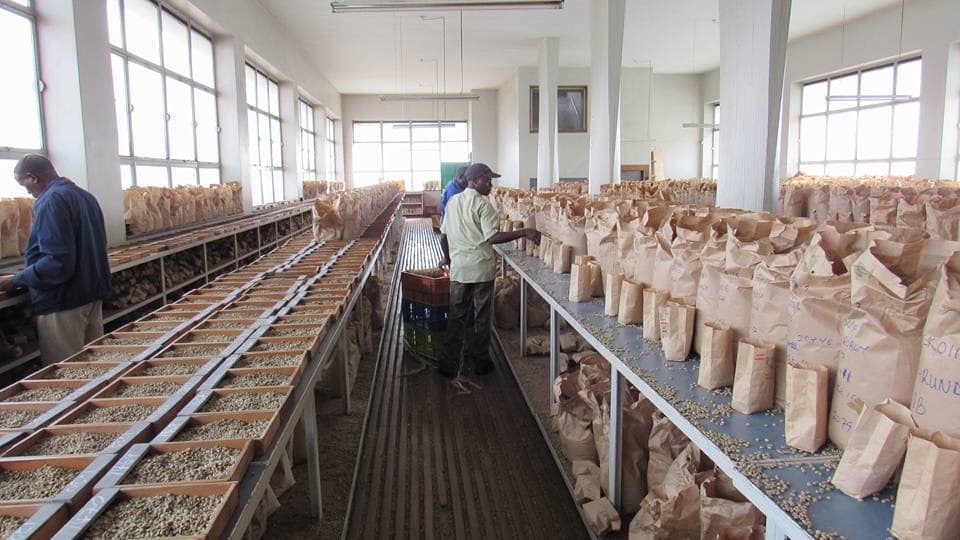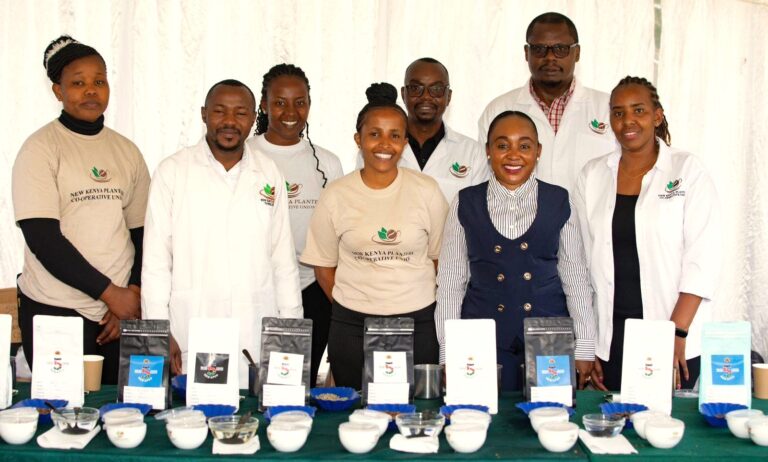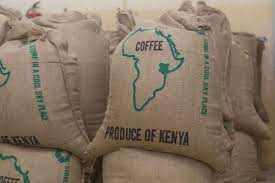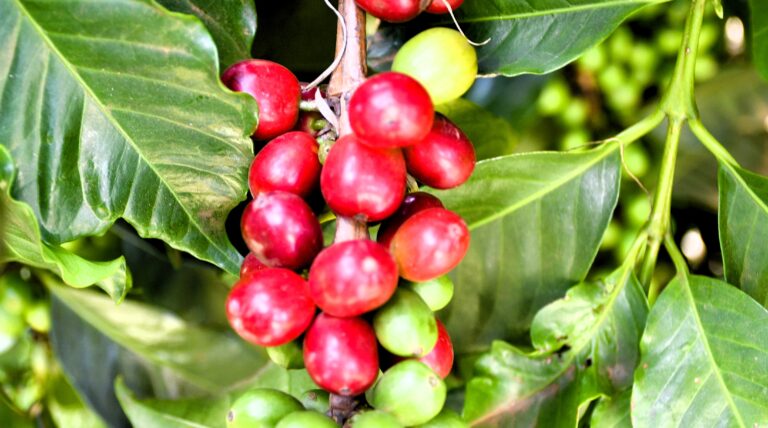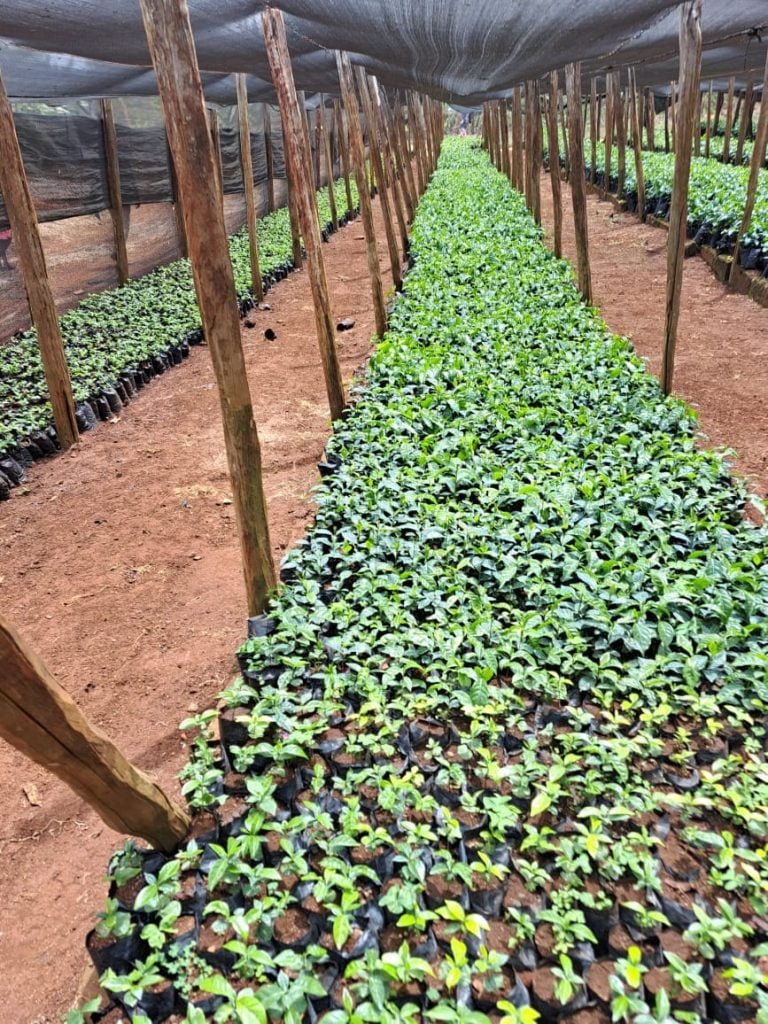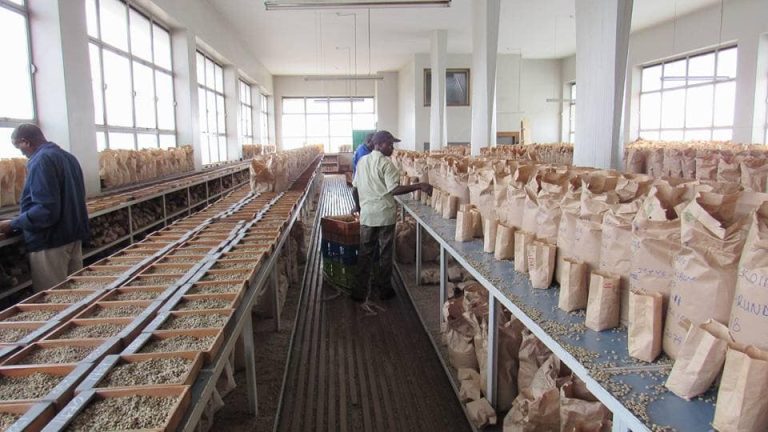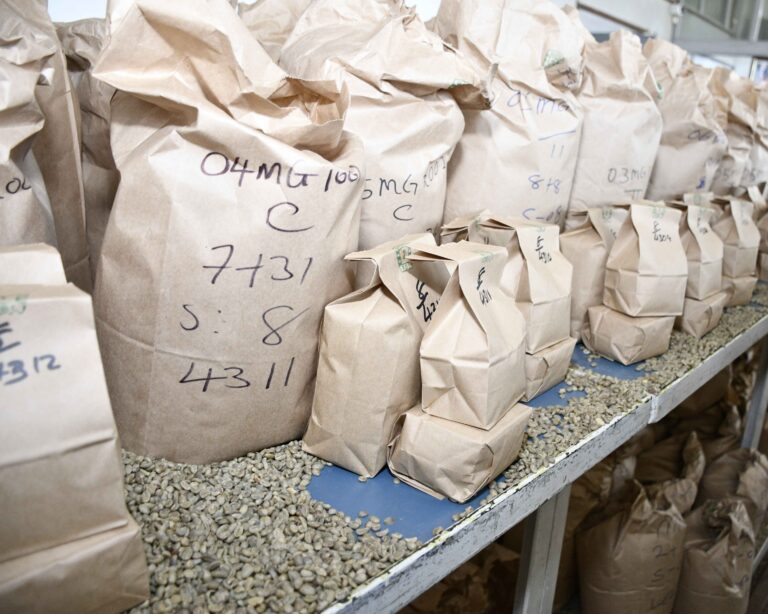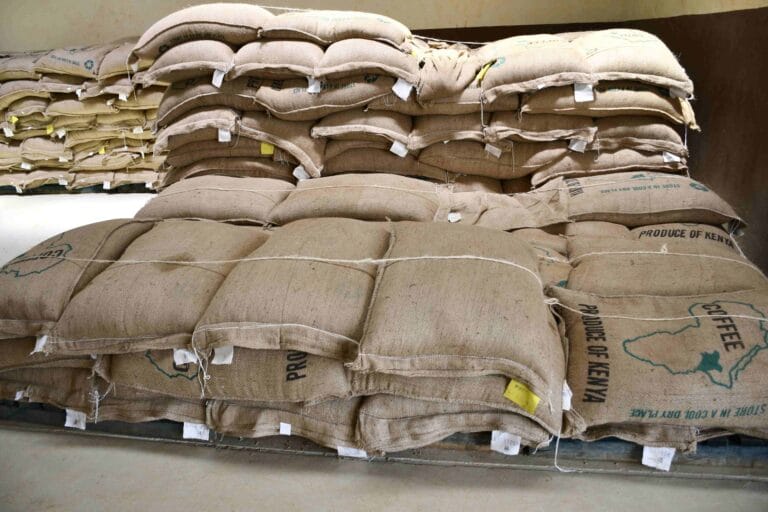By Henry Kinyua
Today, Tuesday 12th March like all Tuesdays, the Nairobi Coffee Exchange (NCE) trading hall and their online platform will be open for trading. What you may not know is the work that is done before coffee is presented to the market.
So, what happens? When a grower takes their coffee for milling, he/she appoints a broker to assist in trading of his/her coffee at the NCE. The broker liaises with the miller who is holding the coffee in the store and in consultation with the grower, agrees when the coffee will be taken to the market.
The Broker then develops a catalogue. The catalogue describes the lot, the season that the coffee was produced which can be either 2022/2023 or 2023/2024. The Coffee season starts on 1st of October to 30th September of the following year. Right now, we are in the 2023/2024 season that began on 1st October 2023 and will end on 30th September 2024.
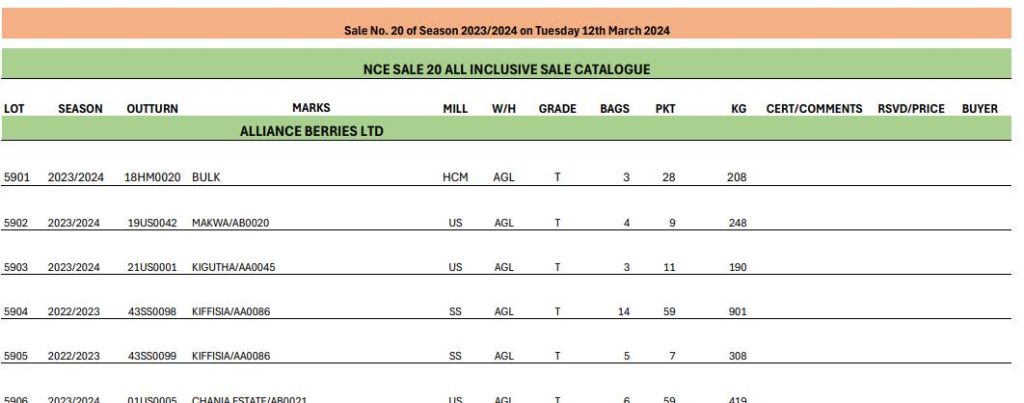
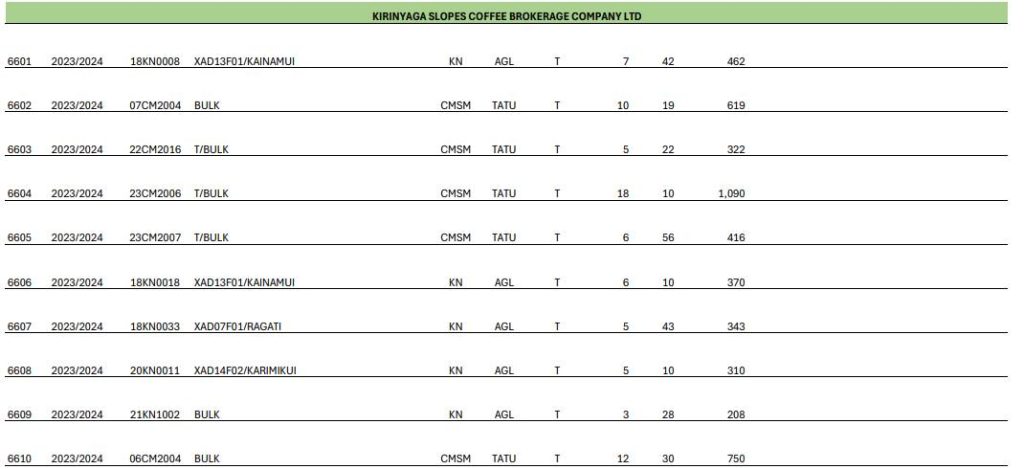
The catalogue also indicates the mill where coffee was milled at, the warehouse where it was stored at, the grade of the coffee, the number of bags, the number of pockets (a pocket refers to the amount of coffee that doesn’t fit into a bag). The catalogue also indicates the weight in Kgs, certifications etc.
The broker then sends a sample of each lot to the NCE so that interested buyers can go there, sample and taste all the lots they are interested in which helps them give a better bid for the coffee when presented. All this happens a week before the coffee is presented to the market.
For example, today, 7 brokers namely Kipkelion, Mt Elgon, KCCE, Alliance Berries, New KPCU, Kirinyaga Slopes and Baringo Kawa will be participating. A total of 20,716 bags will be presented in 897 Lots.
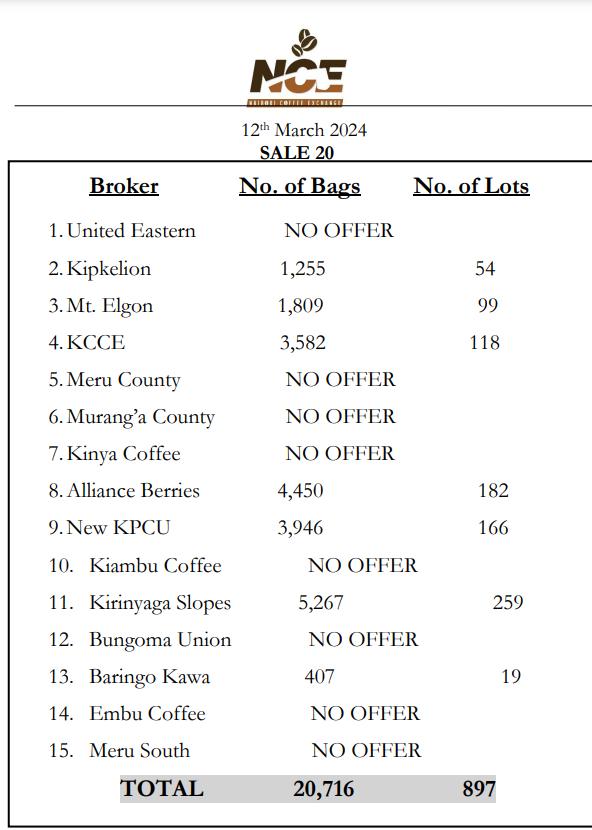
So tomorrow we will discuss how much they will fetch. If you want to follow the market, you can visit the NCE trading hall at the 2nd Floor of KPCU Building along Haille Selassie Avenue or visit the NCE Facebook page as they stream the trade live.


